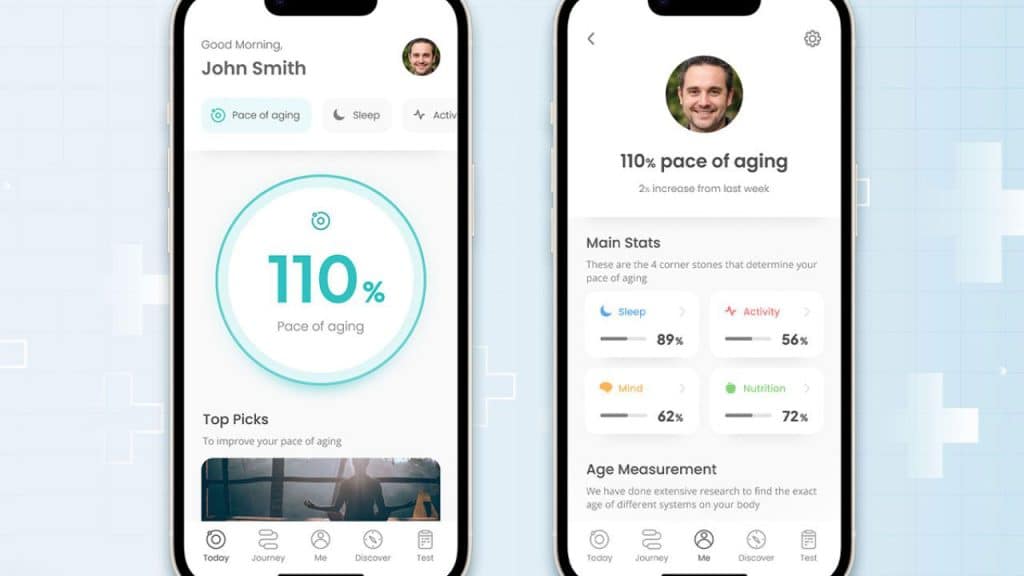Health and longevity will always be complicated subjects, the kind that can make your eyes glaze over if the experts try to explain in too much detail. Modern digital technologies can also be pretty complex, but when used correctly, they may be a way to help the general public better understand their own aging process (https://longevity.technology/news/improving-longevity-literacy-and-why-digital-health-is-the-answer/).
As soon as you throw a word like epigenetics into a conversation, you’re going to lose people. Almost everyone, however, would be glad for the opportunity to live longer and be healthier. That means they need at least a basic knowledge of what to do and how to do it. Spending a lot of time and money engaging with sometimes aloof specialists who communicate in technical jargon may not be the best approach.
That’s where modern digital options may prove useful. We’re already seeing a rise in telehealth, allowing people to contact healthcare providers from home. This is particularly useful for those with long or awkward work hours, disabilities or caring responsibilities. Suddenly regular doctor’s appointments become accessible to people who would never be able to visit in person. Why shouldn’t regular longevity check-ins to monitor the effects of aging be part of that? We know early intervention is the best treatment.
Then there are the devices that allow people to carry their healthcare in their pocket or on their wrist. Tracking a whole range of biological markers is easier than ever before, without individuals having to visit specialists or submit to invasive testing. The data can be presented in easy-to-understand forms, with a plan of action for how to improve it, then progress can be monitored in a tangible way. It’s a lot easier to appreciate your biological age when you can see it changing on a regular basis.
Widening access to information and technology will have the biggest impact on the groups that traditionally have been most likely to be excluded. Poor people, people of color and people living in certain areas tend to bear the brunt of poor healthcare. Used properly, digital health could be the leveler that lets them receive the same service as the affluent and well-connected. That’s as long as experts can counteract the spread of misinformation.
Proper longevity education should allow people to take control of their own health and access the technologies and treatments that are best for them.




